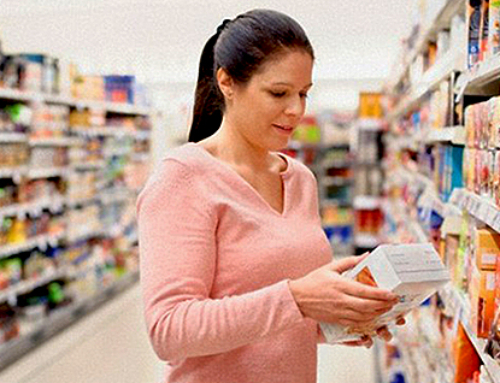Many food and beverage marketers have jumped on the social media bandwagon and there are many valid reasons to do so. However, jumping on the bandwagon and actually conducting the band are two different things. Social media can be a great promotional and marketing tool, but it must be used effectively. Here’s some questions to consider:
What’s a “Like” relationship? I personally really like Sticky Fingers Bakeries’ Premium Scone Mixes – they’re quick, easy, and always consistently good, and that’s why I buy them and recommend them to my friends. That is the extent of the relationship I want to have with this product. The product-consumer relationship is defined by the consumer, and the “buzz” they create is not driven by pushing the “Like” button on a Facebook page. Social media marketing is not about the way you think consumers should engage with your product, it’s about providing a portal for consumers to talk amongst themselves about your product. Don’t presume that every consumer who really likes your product wants a relationship beyond being a repeat buyer.
What do I have to do to get more fans? Food and beverage marketers are asking the wrong question here. The presumption is that, over time, more fans will increase sales, and there is data to support the link between strategic business objectives and social media. But, the real objective of social media is to drive engagement among consumers because that’s what drives sales. It’s nice to be liked, but it’s nicer to have fans, even ones that didn’t push “Like”, that are actually buying your food and beverage products.
If you build it, they will come, right? When Facebook created pages for marketers, most marketers presumed that they needed to respond by creating a page. While in most cases this is probably a good decision, for some food and beverage marketers, fan page activity is not necessarily the best way to grow sales. The real question is: what activities and consumer engagement relate best to my products and business objectives? The answer to this question should define your social media plan to create consumer experiences and opportunities that will affect sales growth in a positive direction.
Social media is one of many marketing and promotional tools, that when used effectively, can enhance branding and drive food product sales. But, it is socially presumptuous to think that this will happen without thoughtful planning, implementation, and an ongoing commitment to monitoring and responding within this dynamic media channel.





